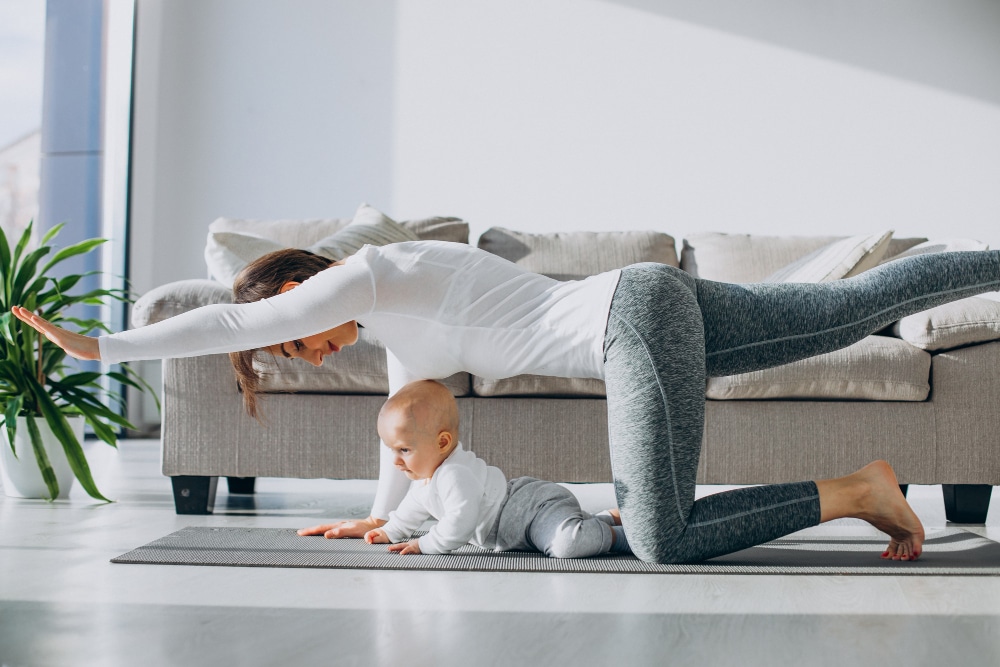Hearing loss is a common condition affecting millions worldwide. It can often lead to social isolation and diminished quality of life.

While manyget hearing aids as the default solution, it is also worth exploring the efficacy of alternative and complementary therapies.
This article explores five such therapies and evaluates their effectiveness in comparison to hearing aids.
Acupuncture
Rooted in traditional Chinese medicine, acupuncture involves inserting thin needles into specific body points. Proponents believe it can help stimulate the auditory system.
A 2015 study published in the “International Journal of Clinical and Experimental Medicine” suggested some improvement in patients with sensorineural hearing loss.
However, these findings have not been widely tested, and that makes it difficult to draw definitive conclusions about its efficacy.
Herbal Medicine
Various cultures use herbal remedies to treat hearing loss. Ginkgo biloba is a popular choice, believed to improve blood flow to the cochlea.
A review in the “Journal of Dietary Supplements” (2018) showed mixed results, with some studies reporting mild improvements in hearing, while others saw no significant difference.
The inconsistency in results and the possibility of interactions with other medications make this a less reliable option.
Yoga and Meditation
Yoga and meditation are both intended to make a positive contribution to your overall well-being, providing indirect hearing health benefits at the same time.
Established techniques like pranayama (breath control) may improve blood circulation, potentially aiding auditory function.
Again, there is minimal scientific evidence directly linking yoga and meditation to improved hearing, making this option a more supplementary than primary treatment.
Sound Therapy
This therapy involves listening to certain sounds or frequencies to potentially improve hearing or manage tinnitus. Sound therapy can be part of a broader treatment plan, often used in conjunction with hearing aids. While some individuals report benefits, scientific evidence is limited.
Osteopathy
The idea behind osteopathy involves manipulating and strengthening the body’s musculoskeletal framework. Some osteopaths claim that specific techniques can improve ear function.
It should be noted that research in this area is sparse, and existing studies have not provided substantial evidence to support these claims for hearing loss treatment.
How do these therapies compare with hearing aids?
In sharp contrast to these alternative therapies, hearing aids have a robust evidence base supporting their effectiveness. They are specifically designed to amplify sound, making it easier for people with hearing loss to communicate and perceive sounds.
The “Journal of the American Academy of Audiology” (2020) reported significant improvements in speech understanding and quality of life for hearing aid users.
It is also worth noting that hearing aids are continually advancing in technology, offering features like noise reduction, directional microphones, and connectivity to smartphones and TVs. T
These devices are tailored to the individual’s specific hearing loss profile, making them far more effective than generalized alternative treatments.
Although alternative and complementary therapies for hearing loss may offer some benefits, they largely lack the scientific support and proven effectiveness of hearing aids.
It is not hard to conclude that hearing aids remain the most reliable and evidence-based option for managing hearing loss. They not only enhance the ability to hear but also significantly improve the overall quality of life, which is a critical aspect for individuals coping with hearing impairment.

